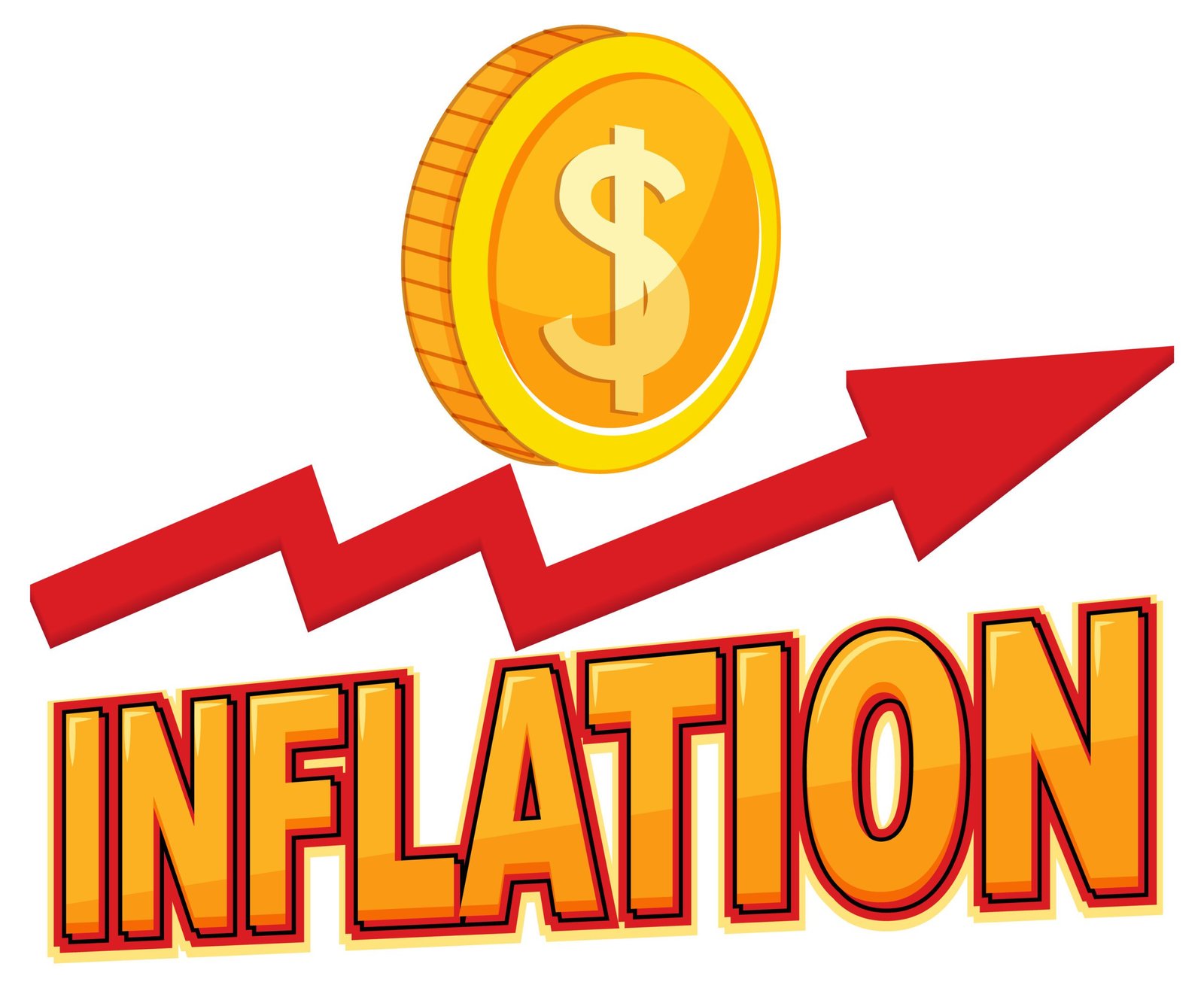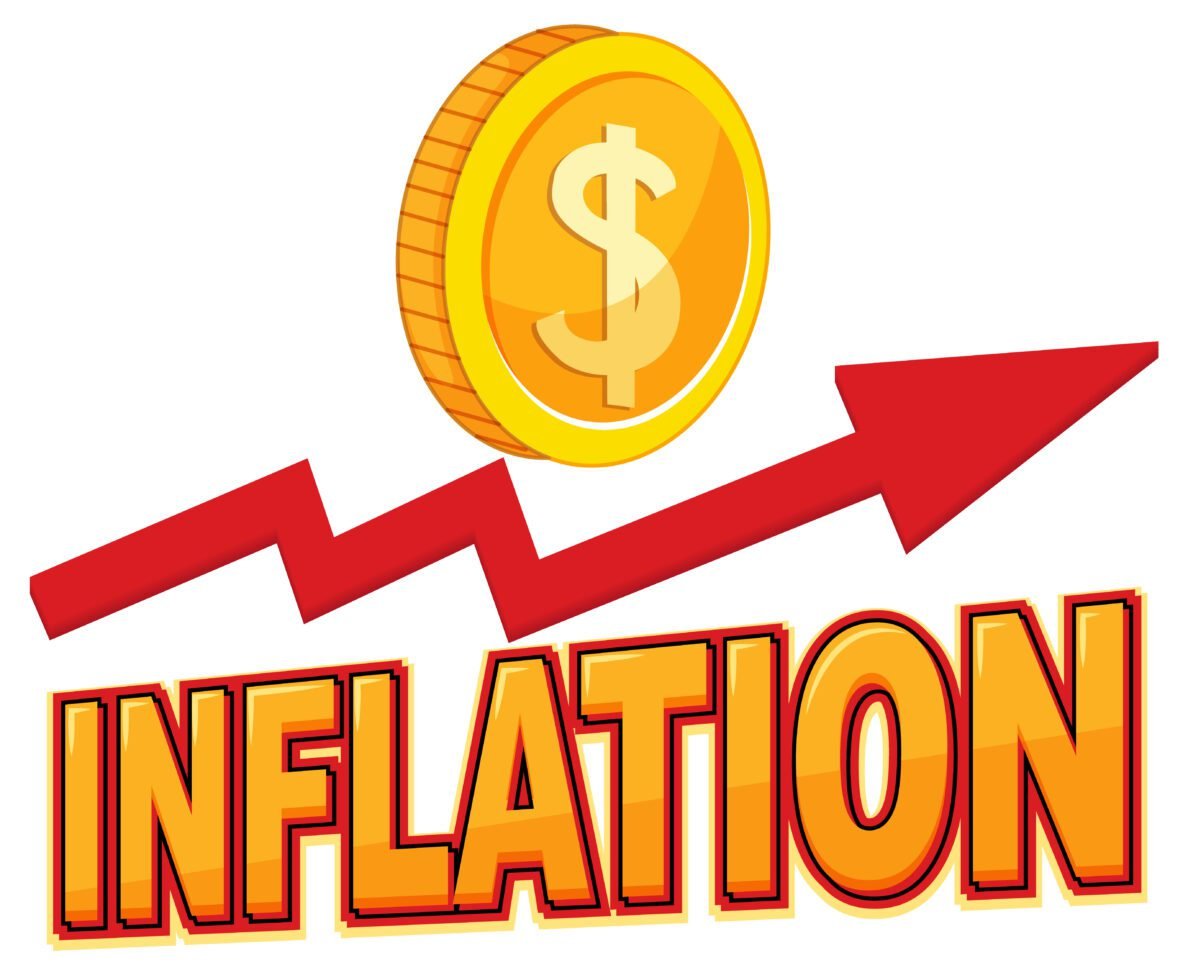Ghana’s Inflation Jumps to 21.5% Amid Rising Food Prices After Five-Month Decline

After witnessing five consecutive months of consistent decline in inflation, Ghana’s economic landscape has taken a sudden and concerning turn, as the nation’s inflation rate has surged upward once again. This unexpected increase is primarily driven by a sharp rise in the cost of food, which has significantly contributed to the inflationary pressures faced by the economy. The latest figures, published in a detailed report from the Ghana Statistical Service, reveal that the country’s inflation rate has escalated to 21.5% in the month of September, representing a notable jump from the 20.4% recorded just a month earlier in August. This increase marks a reversal in the previous downward trend that had brought relief to many sectors of the economy, signaling a potential shift in economic conditions. The rise in inflation, driven largely by surging food prices, is raising concerns about the ongoing cost of living challenges faced by Ghanaians and could have broader implications for the nation’s economic stability and recovery efforts.

Food Inflation Reverses Downward Trend
The significant increase in food prices has been identified as the primary driver behind the sharp jump in inflation. Government Statistician, Samuel Kobina Annim, elaborated on this during a press conference, explaining that food inflation surged by an alarming 3 percentage points in September, thereby reversing the consistent downward trend witnessed over the previous five months.
Annim further noted, “This five-month successive decrease in the rate of inflation has been reversed in the month of September with food recording a higher rate,” highlighting the concerning nature of this shift.
The rising cost of essential food items has triggered a ripple effect throughout the broader economy, compounding inflationary pressures across multiple sectors. Both households and businesses are now grappling with the financial strain imposed by these escalating prices, which are contributing significantly to the overall inflationary rise. The mounting cost of living, driven by these higher food prices, threatens to have long-lasting implications on Ghana’s efforts toward economic recovery and stability, potentially prolonging the challenges faced by the population.
Central Bank Response to Inflation
In response to improving economic conditions earlier this year, Ghana’s central bank recently cut its main interest rate by 200 basis points, lowering it to 27%. This marked the first reduction in the rate since January, reflecting optimism about controlling inflation. However, the latest rise in inflation may challenge the central bank’s monetary policy strategy.
Despite the central bank’s effort to ease interest rates, the economy remains fragile. Ghana, a nation rich in cocoa, gold, and oil, is still grappling with the impact of its worst economic crisis in decades, largely exacerbated by global factors such as supply chain disruptions and geopolitical tensions.
Protests and Economic Hardship
Ghana’s economic woes have sparked social unrest in recent months. Recently, the Ghana Police Service arrested 42 demonstrators protesting against the hardships facing the nation. According to the police, the demonstrators, organized by the Democracy Hub, were arrested for gathering unlawfully and obstructing public order.
The police stated that those arrested, including several leaders of the protest, would face charges in court. They were accused of causing disruption, damaging police property, and engaging in acts of lawlessness.

Economic Outlook and Future Considerations
The recent inflation spike, driven by food prices, is likely to affect the cost of living for ordinary Ghanaians and could fuel further unrest. The government’s ability to stabilize prices and address the underlying issues behind inflation will be crucial for maintaining social stability and fostering economic growth.
As Ghana navigates these challenging times, it remains vital for policymakers to balance the need for inflation control with efforts to promote economic growth and reduce hardship for its citizens.
Don’t miss out! Check out my latest article on the Top iPad Productivity Apps in 2024 to discover the best tools that can help you boost your efficiency and maximize your productivity this year!














